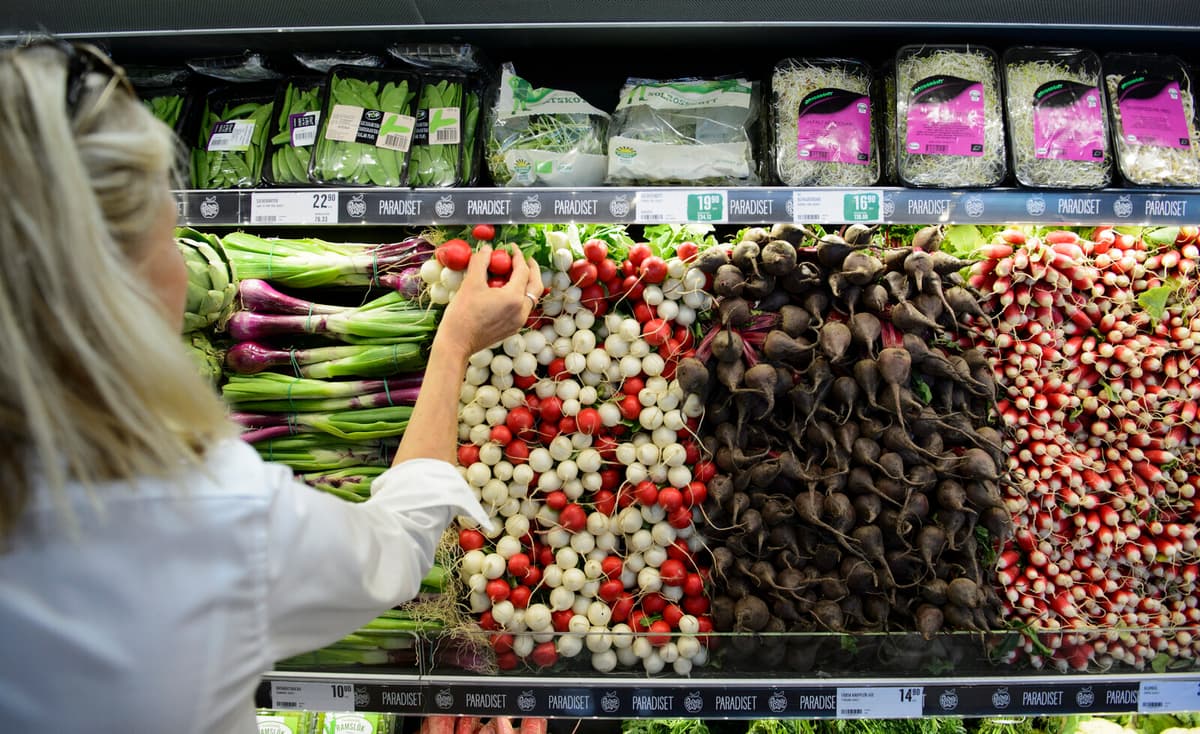On Thursday at 8 am, Statistics Sweden (SCB) will release new inflation figures according to the so-called "quick measure" introduced in the autumn.
The inflation increase seen in October is expected to continue, according to both Handelsbanken and Swedbank. Handelsbanken predicts an inflation rate of 2.2 percent, while Swedbank's estimate is 2.0 percent, both according to the KPIF measure. The calculations can be compared to 1.5 percent the previous month.
Is it time to worry and for the Swedish Central Bank to hesitate about an interest rate cut in December? Not at all, according to Carl Nilsson.
Free ride on electricity prices
We've had a free ride on electricity prices being so low, and there have been remarkably small price movements. Now, in November, we got this price increase on electricity, which is not remarkable but makes inflation tick up, he says and develops:
Advertisement
It's a fairly welcome increase, though, since it's in line with the Swedish Central Bank's inflation target (2.0 percent).
In line with the inflation pressure easing from its peak last year, the Swedish Central Bank has also lowered the repo rate, most recently in the form of a double cut. This month's inflation increase should not prevent the Swedish Central Bank's board of directors from continuing to cut, potentially to a repo rate of 2.50 percent.
We see no reason to change that forecast. With inflation at target and weak domestic consumption, there's no reason for the Swedish Central Bank to rest on its laurels, rather continue in the same direction, says Carl Nilsson.
Food prices may rise
More challenging is the direction food prices seem to be taking. Carl Nilsson sees several signals that prices may rise, including as a consequence of increasingly high raw material prices, such as coffee.
Since the turn of the year, the trend in raw material prices has been very clear upwards. I'm a bit worried that this will show up in the consumer sector.
Carl Nilsson notes that it's not the same level as the price increase in 2021-22, but it could be noticeable for consumers.
We note, among other things, that Arla continues to raise the compensation price to its milk producers. This usually affects the consumer sector fairly quickly.
On Thursday, Statistics Sweden (SCB) will present new inflation figures for November according to the quick measure introduced.
In October, inflation according to the Swedish Central Bank's measure, KPIF, i.e., with interest rate effects excluded, was 1.5 percent compared to 1.1 percent in September.
Several economists believe that inflation will continue to rise.
Analysts expect, on average, that KPIF (inflation adjusted for loan effects) will increase to 1.9 percent in the November report, according to Bloomberg's compilation.
KPIF excluding energy prices is expected to rise to 2.4 percent, up from 2.1 percent in October.
The pure KPI figure for November, including interest rate effects, is expected to remain unchanged from October at 1.6 percent.
The next interest rate decision from the Swedish Central Bank will be announced on December 19.






